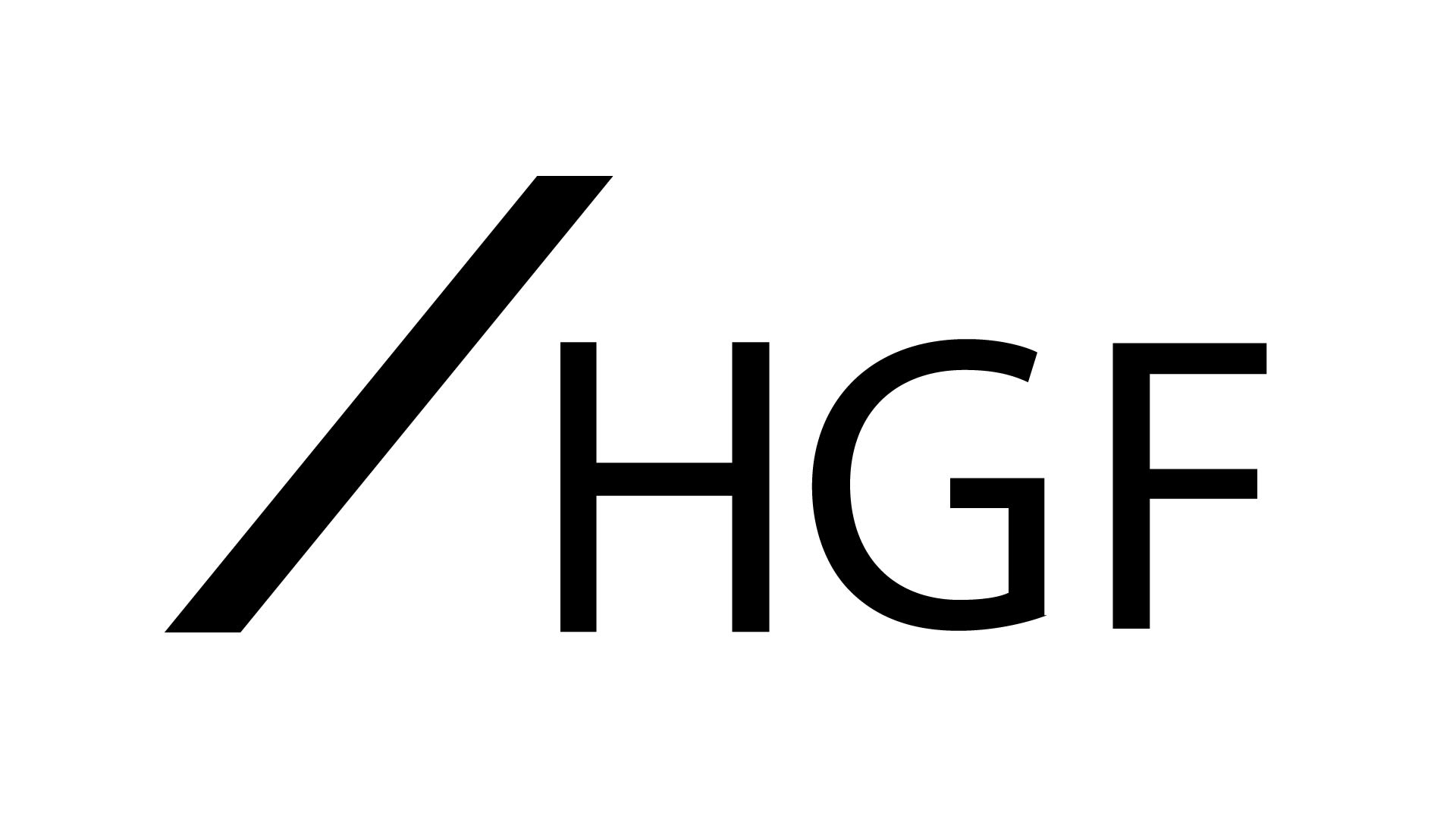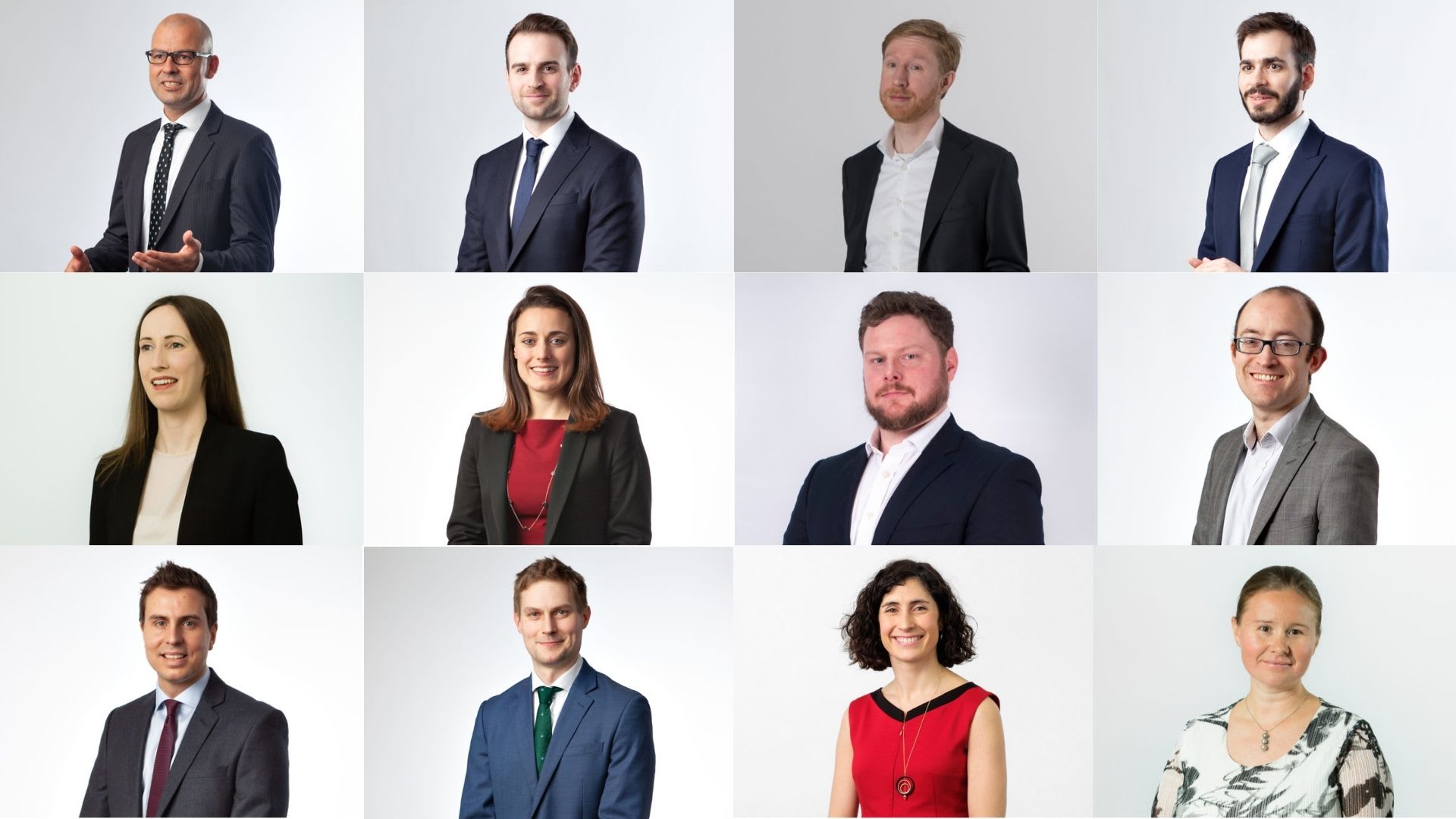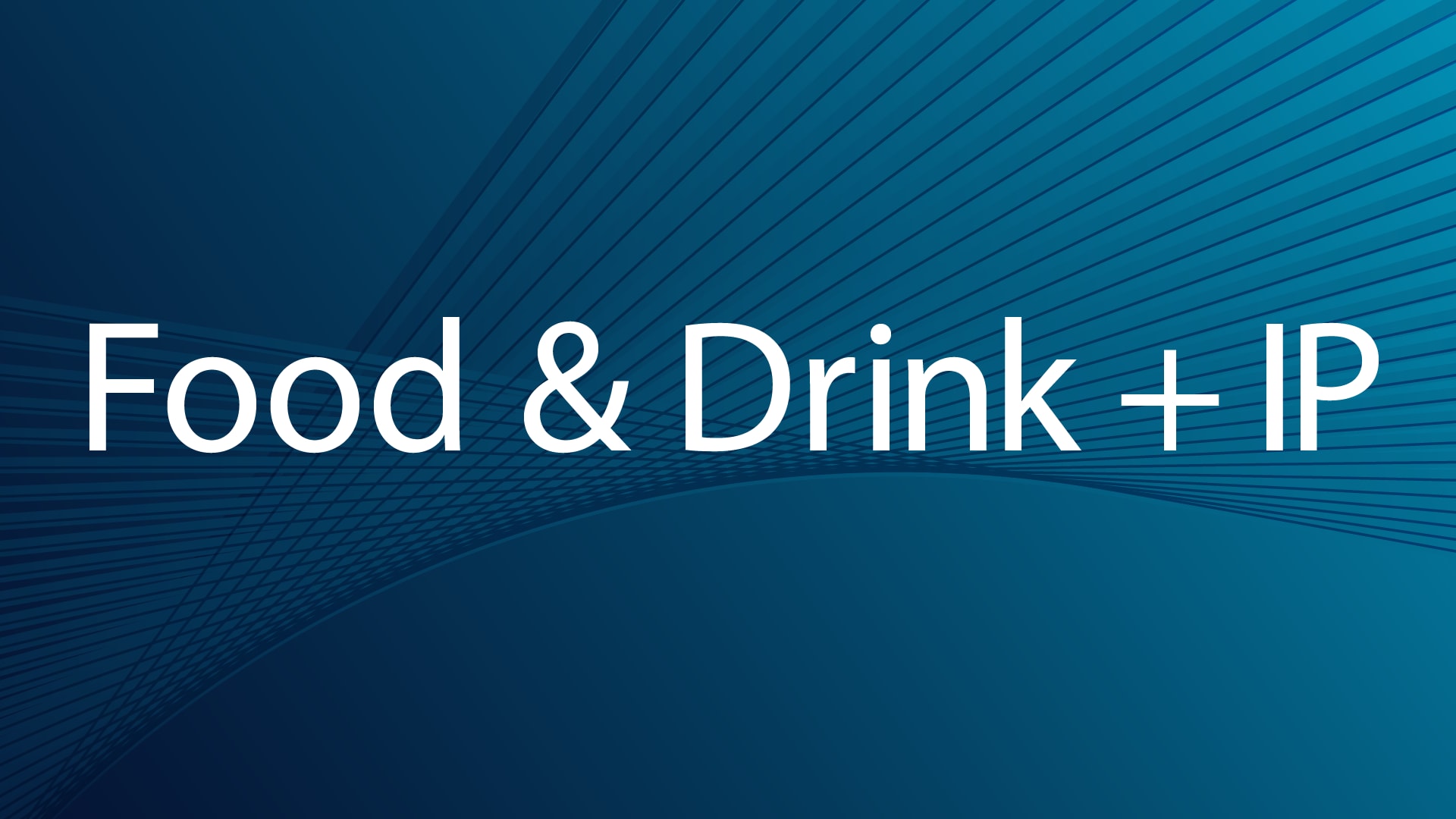News
Protecting AI Healthcare Inventions: Patent, Copyright, or Trade Secret?
October 2023
Introduction
The intersection of artificial intelligence (AI) and healthcare has ushered in an era of unprecedented innovation. AI-powered technologies are revolutionising the diagnosis, treatment, and management of medical conditions, offering the potential to improve patient outcomes and streamline healthcare processes. As AI is taking a more significant role in the healthcare industry, the question of how to protect inventions in this area becomes paramount. This article explores intellectual property (IP) protection for AI inventions in healthcare and if securing patents and safeguarding trade secrets offer a business a more potent competitive edge than relying solely on copyright protection.
Choosing the Right Protection for AI Healthcare Inventions
AI inventions hold immense promise, potentially transforming the way healthcare is delivered and experienced. For companies operating in this space, it is important to protect their inventions to gain a competitive advantage. Protecting inventions can also enhance their market value and attracting investors, and safeguard investment into research and development for future growth.
Investment
For startups in healthcare to attract investors and raise capital, strong patent protection of their inventions is often essential. This is because patents offer much broader scope of protection than copyright, and arguably trade secrets, as they provide companies with exclusive rights to their inventions, preventing others from making, using, or selling the patented technology without permission. Some investors expect a solid patent portfolio that not only protects the core inventions but also the peripheral aspects. If a startup in healthcare chooses to not proceed with patent protection, then they can of course still be appealing to investors, but they should be prepared to explain why they have made the decision to not seek patent protection and instead rely on trade secrets or copyright protection.
Business model
The type of IP protection also needs to be considered in view of a company’s business model. For example, if AI healthcare inventions are to be licensed to generate income, then patents and trade secrets may offer much stronger leverage than copyright. This is because patents, and possibly trade secrets, protects how the invention works whereas third parties can circumvent copyright by creating a similar AI healthcare invention using different code or an AI model with similar functionality but trained using different data.
Nature of Invention
The type of IP protection available also depends on the nature of the invention. For patent protection, the invention needs to be novel and inventive, and in Europe, inventiveness of AI Healthcare inventions is broadly assessed on whether it has a technical effect serving a technical purpose. For example, AI healthcare inventions that categorises, reorders or presents data is less likely to fulfil this requirement than an AI model that predicts a disease based on a medical image. As such, in cases where an invention is unlikely to qualify for patent protection, protection by trade secrets may be more suitable. Also, there is uncertainty around whether AI code and generated content can even be protected by copyright with inconsistent positions between different jurisdictions including the US and the UK. For example, in the US, a federal judge has agreed with the US Copyright Office that AI-generated artwork cannot be copyrighted [1]. Therefore, how each AI healthcare invention is best to be protected needs to be assessed on a case-by–case basis.
Length of protection
Another aspect to consider is how long you need protection for. If you seek long-term protection, trade secrets may be more suitable, as they can last indefinitely, while patents have a limited duration of 20 years from filing date. However, with technology developing rapidly, 20 years may be sufficient and so going forward with patent protection may be more advantageous from a commercial perspective. If the innovation cycles are exceptionally swift, then the emphasis could be on gaining an early competitive advantage and capturing market shares before rivals such that neither patents nor trade secrets are relevant.
Enforceability
When deciding on the type of IP protection, the ability to enforce and defend rights also need to be considered. Patents offer strong legal remedies, while enforcing copyrights and trade secrets may be more challenging. Even if a company believes it lacks the financial resources for legal proceedings and, as a result, sees little immediate benefit in obtaining a patent, this consideration must be weighed against the potential increase in investment appeal and company valuation patents can provide. It must be borne in mind that you may never have the intention or resources to enforce your own patents, but potential acquirers of any technology or business with deeper pockets will assess their own ability to assert exclusivity and maintain market share. Choosing a non-patent strategy because you envisage never asserting it may be a false economy if it makes your business less desirable.
Publicly disclose invention vs keeping it secret
Another consideration is whether to publicly disclose your invention in exchange for patent protection or if there is more value in keeping the inventions confidential as a trade secret. It may be that it is difficult, if not impossible, to detect infringement of a patented AI algorithm and in those cases, trade secrets are more appropriate. Another approach which may be worth considering is to ‘salt the earth’ by anonymously disclosing your invention in a defensive publication. These are often searched by IP Offices looking for prior art, and can be used to provide a barrier to others gaining protection for your AI technologies, helping ensure your freedom to operate without competitors being easily able to find and attribute the disclosure to you, helping maintain competitive advantage. However, it should be said that a defensive disclosure will almost certainly prevent you from asserting that you are treating the invention as a trade secret.
Conclusion
Protecting AI healthcare inventions is a critical consideration for innovators and organisations in the rapidly evolving healthcare landscape. Each form of IP protection—patents, copyrights, and trade secrets—offers distinct advantages and limitations. However, patents and trade secrets, and often a combination of the two, typically provide stronger legal and commercial advantages over copyright in relation to AI healthcare inventions. Engaging the services of an IP specialist to aid in the development of an effective IP strategy and guidance to obtain desired protection can prove beneficial. Regardless, the process of reviewing available IP protection needs to form part of a company’s IP strategy before the inventions are made public and thereafter continuously reviewed to adapt to the dynamic healthcare landscape and the company’s evolving business objectives and technological advancements.
[1] Thaler v. Perlmutter, No. 1:22-cv-01564-BAH (D.D.C. 2023)
This article was prepared by HGF Patent Director Sofie McPherson for HealthTech World. Read the original article here.































